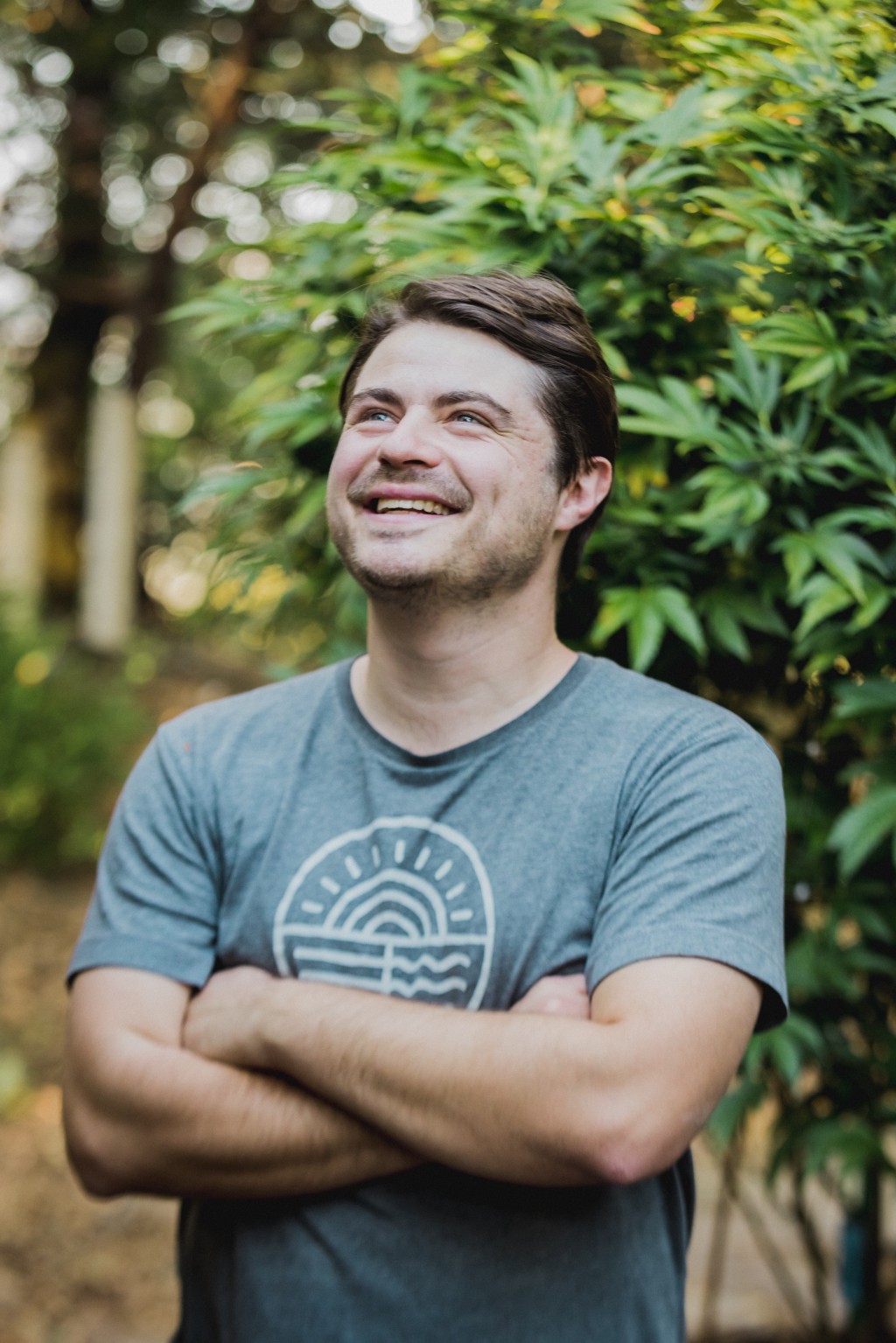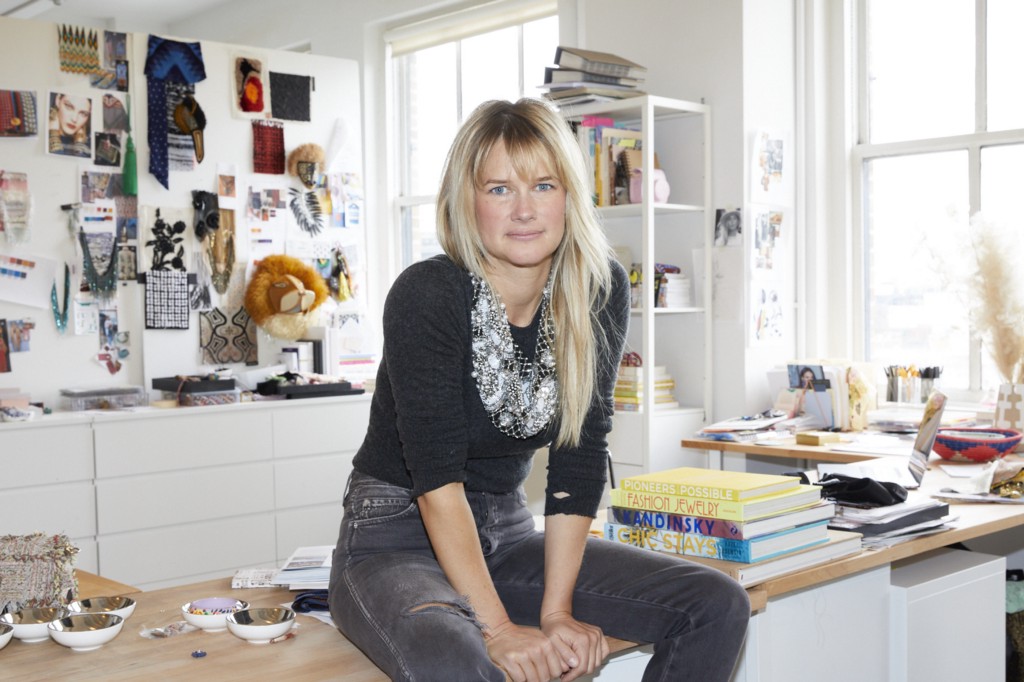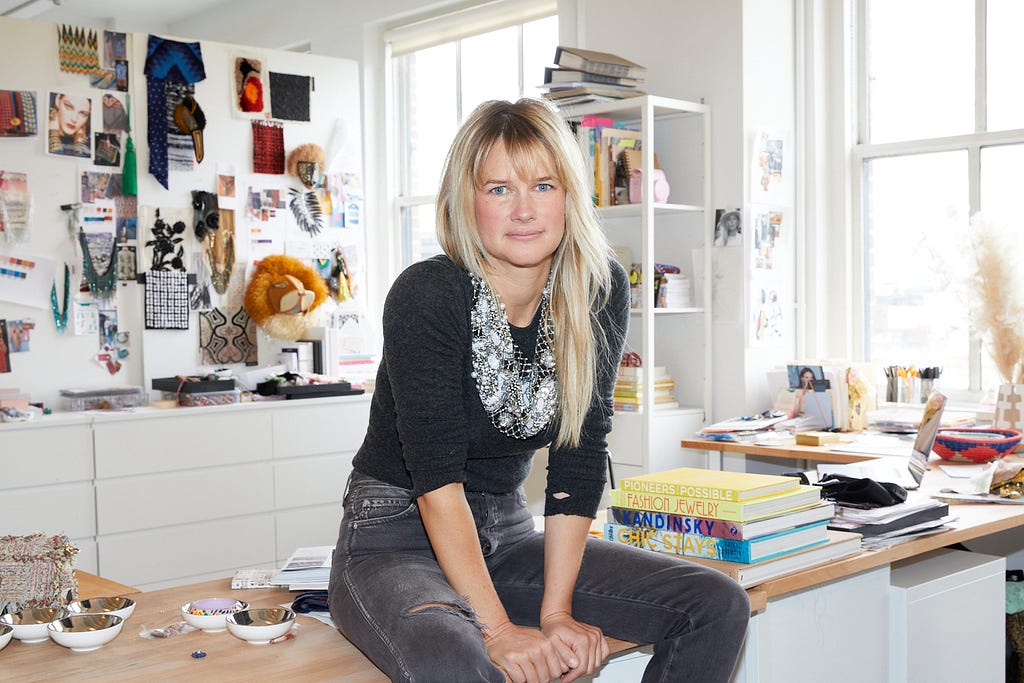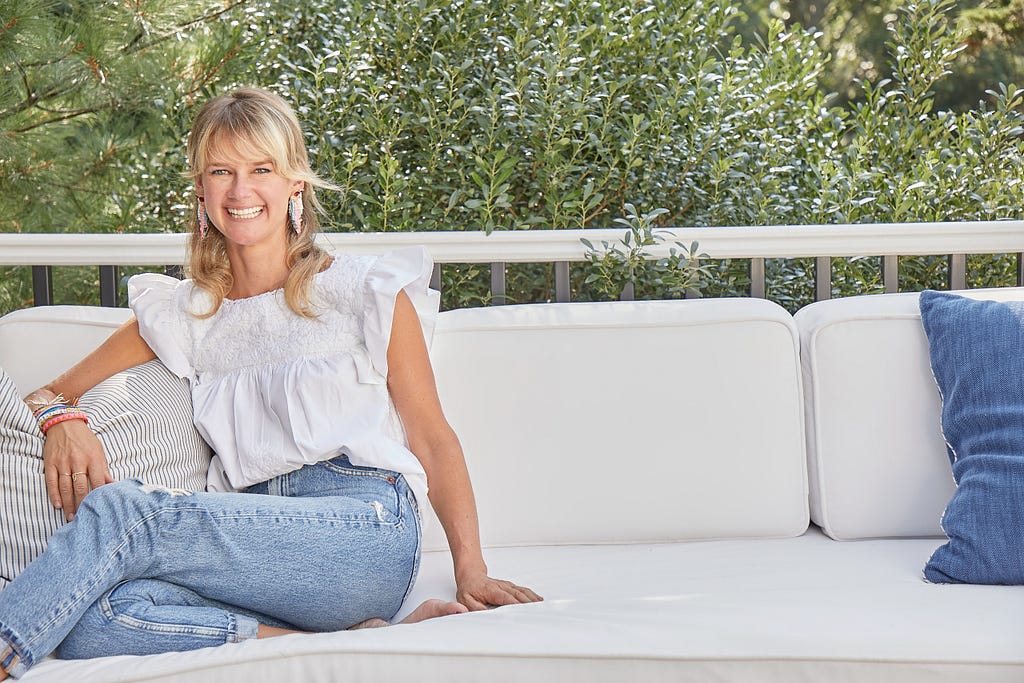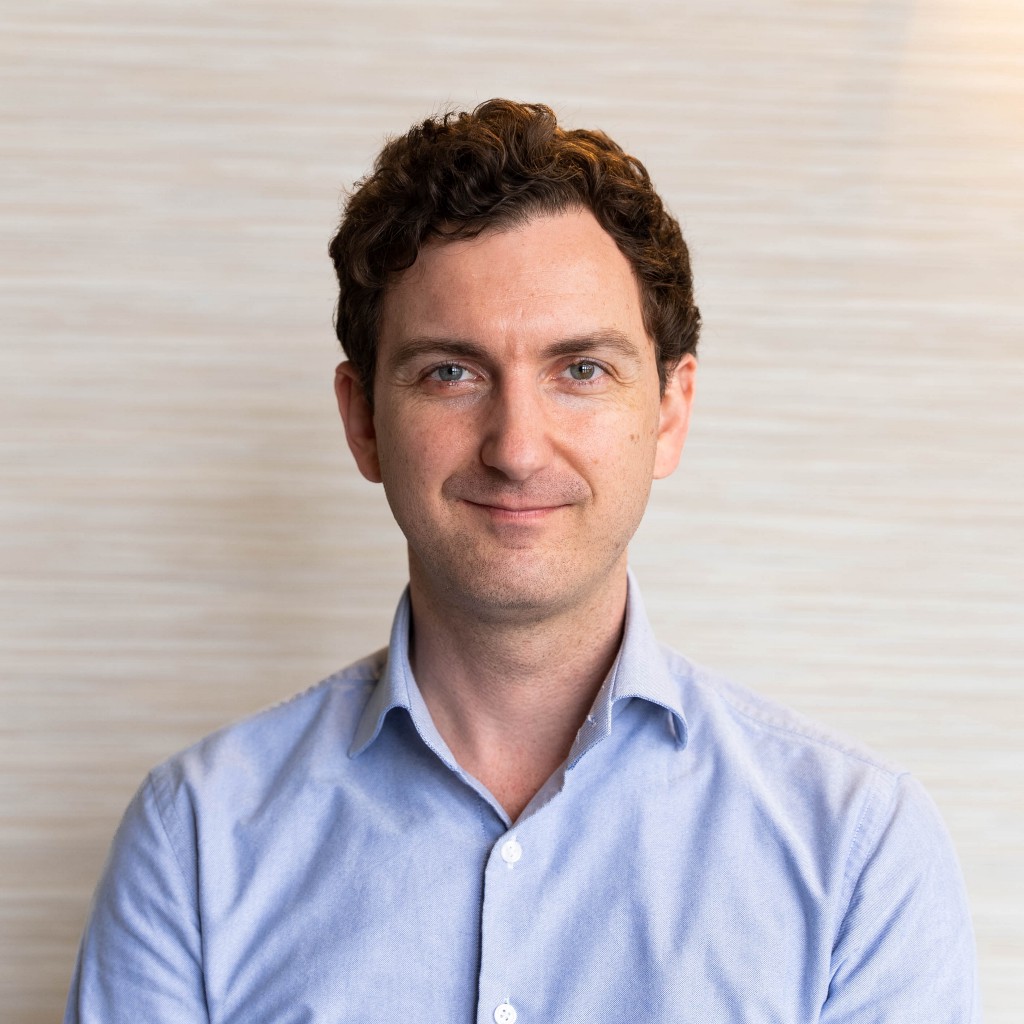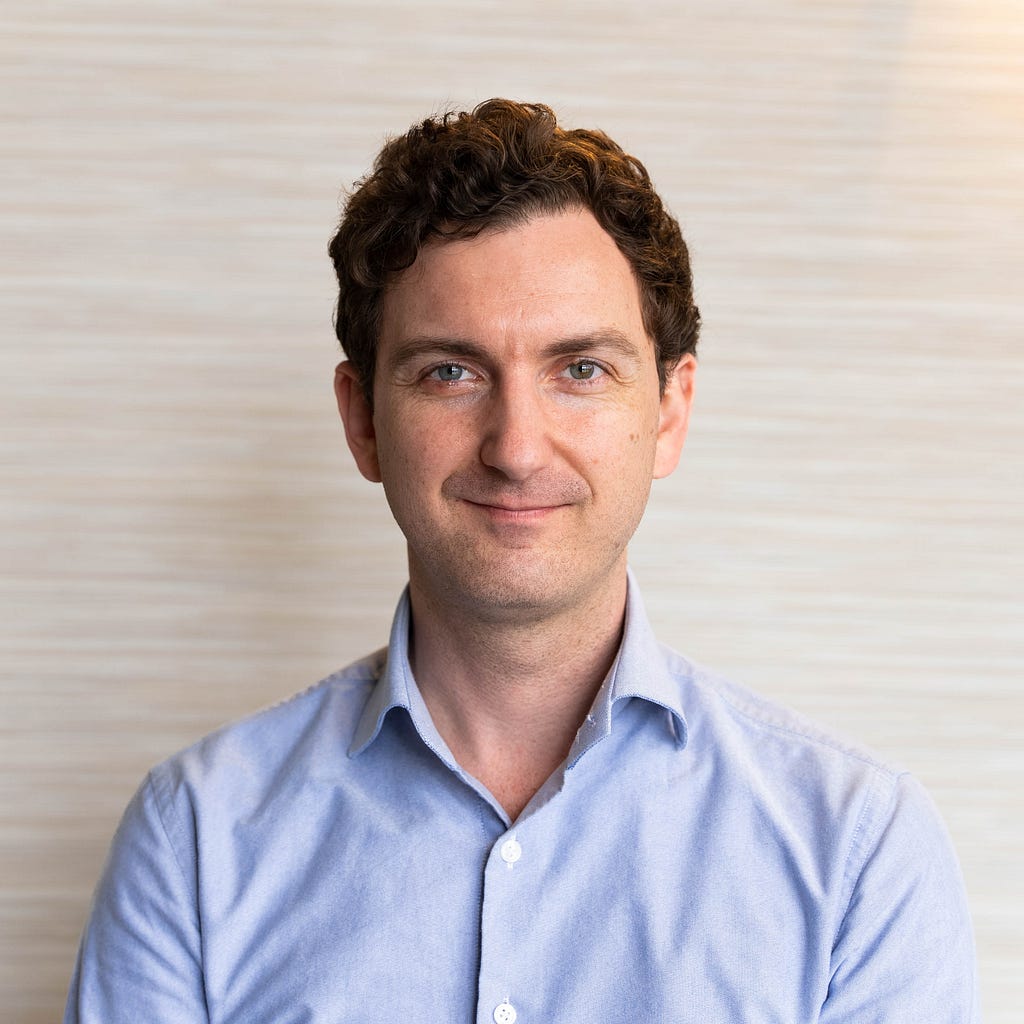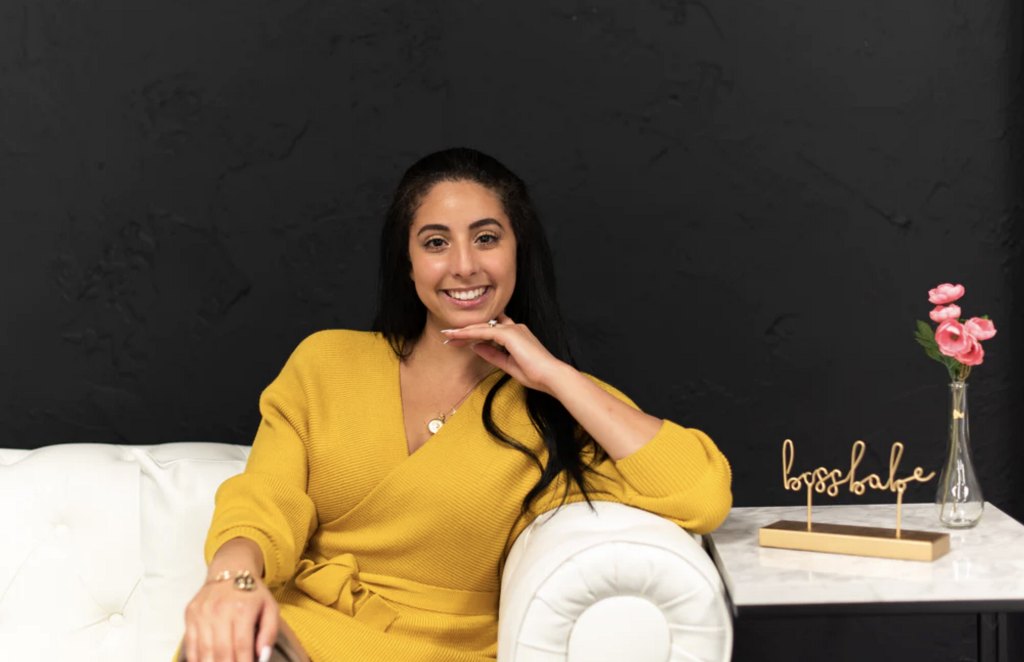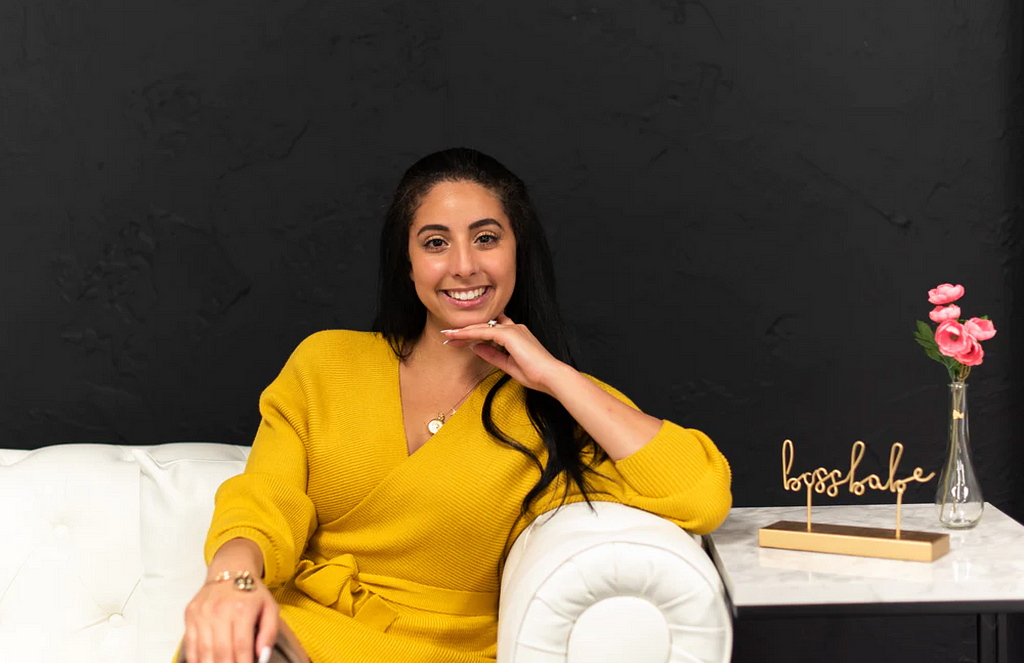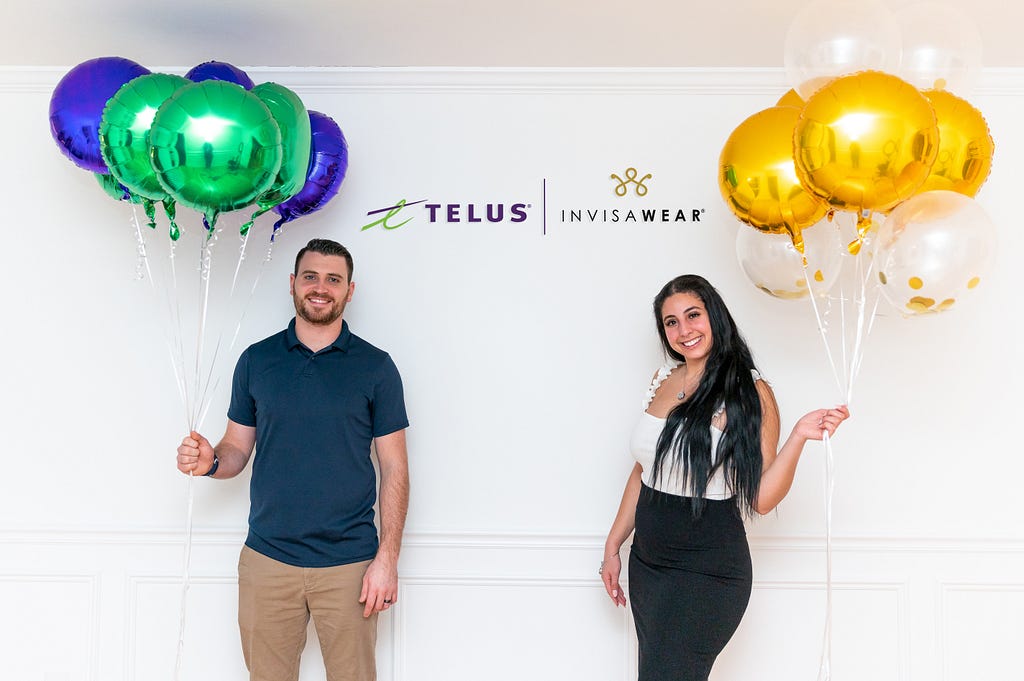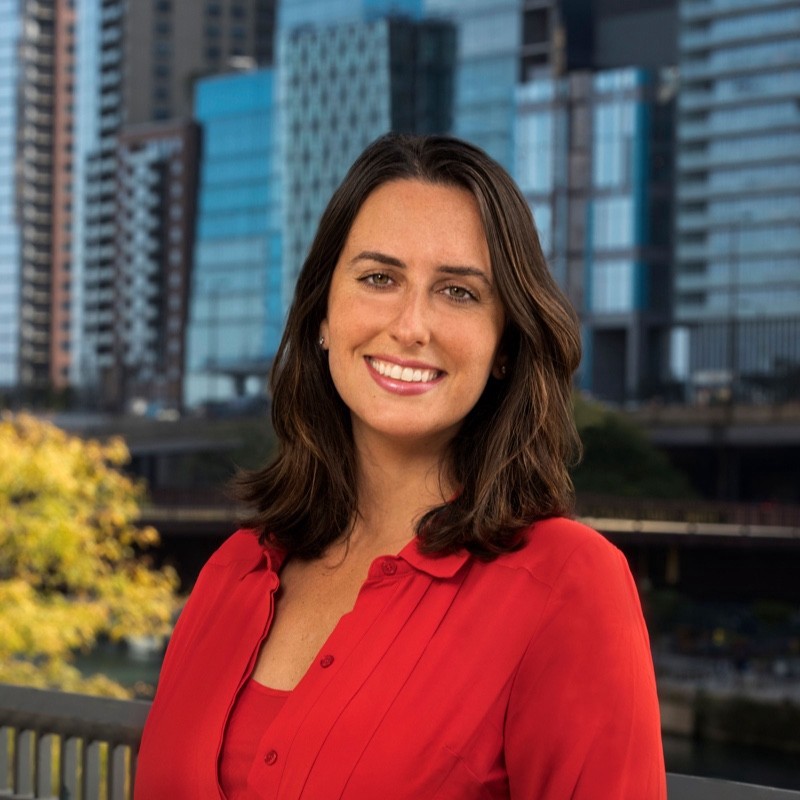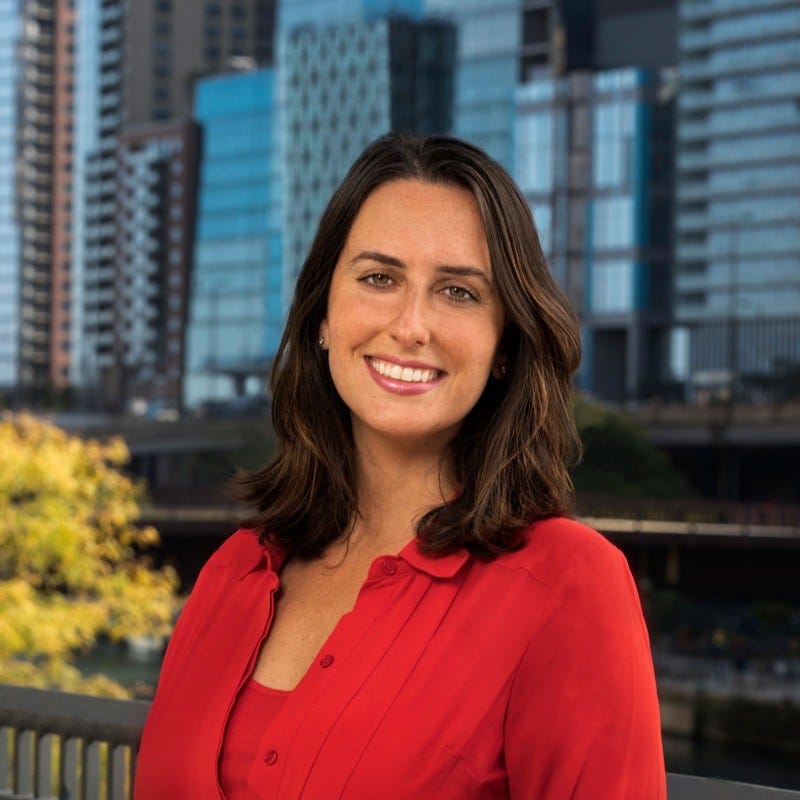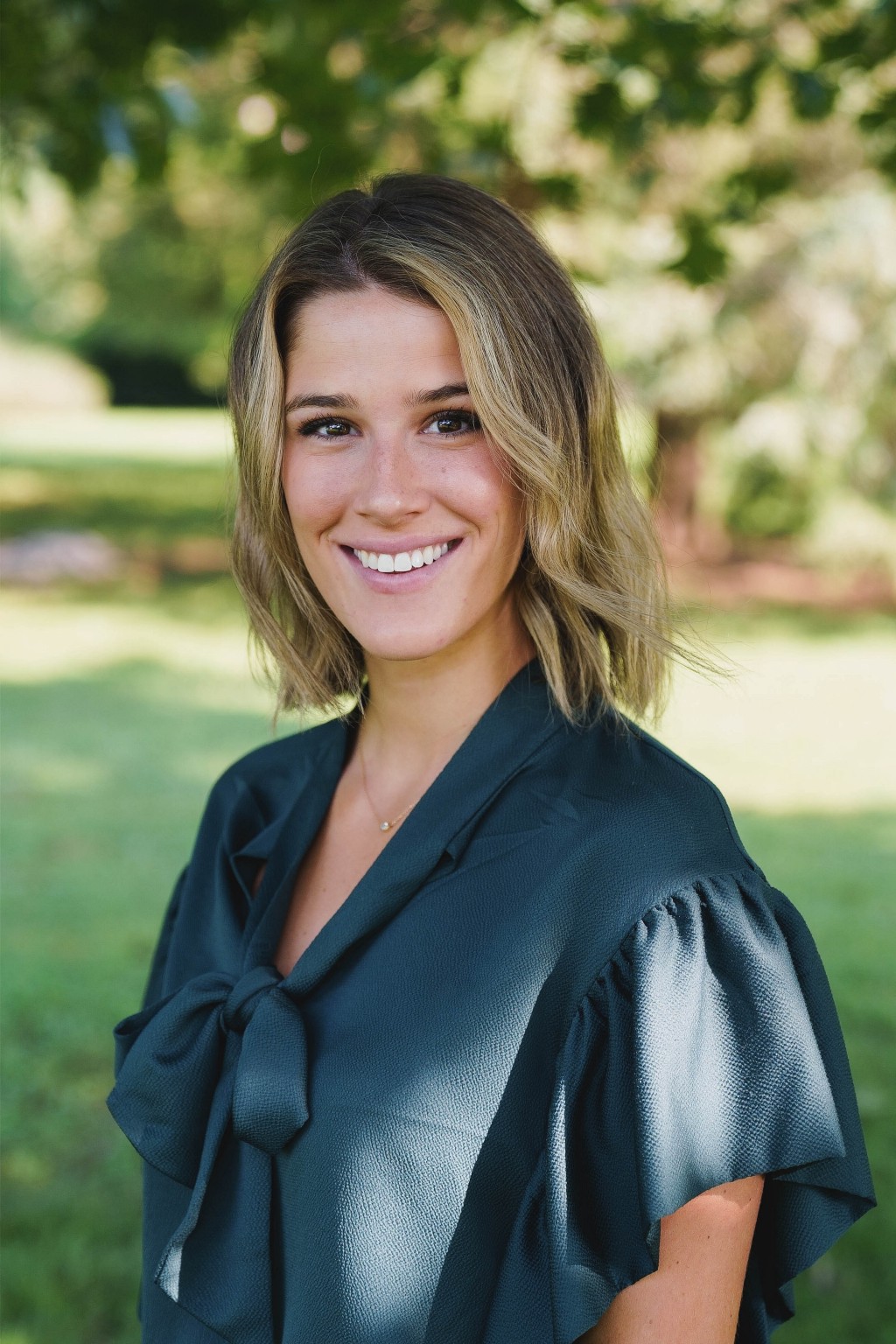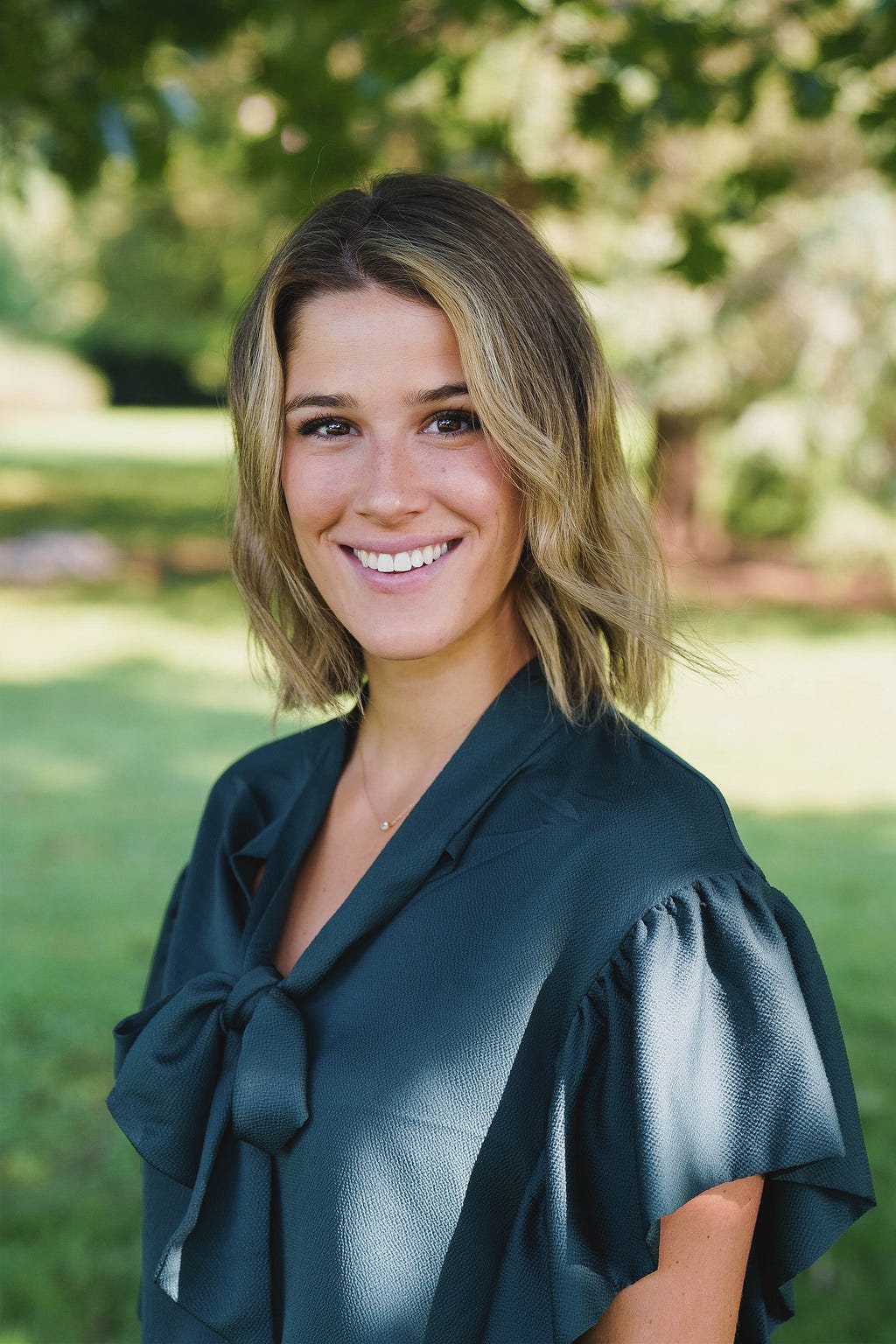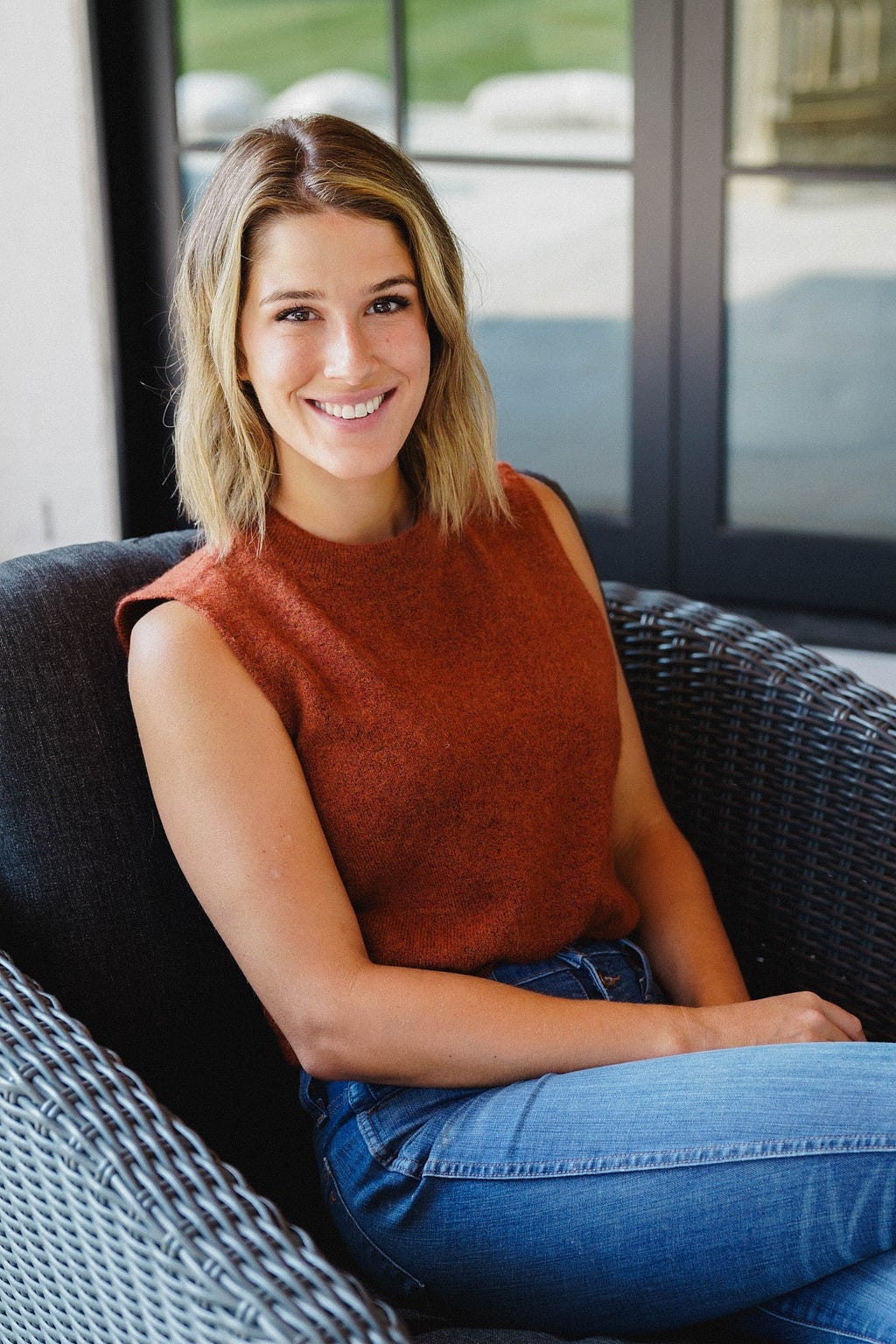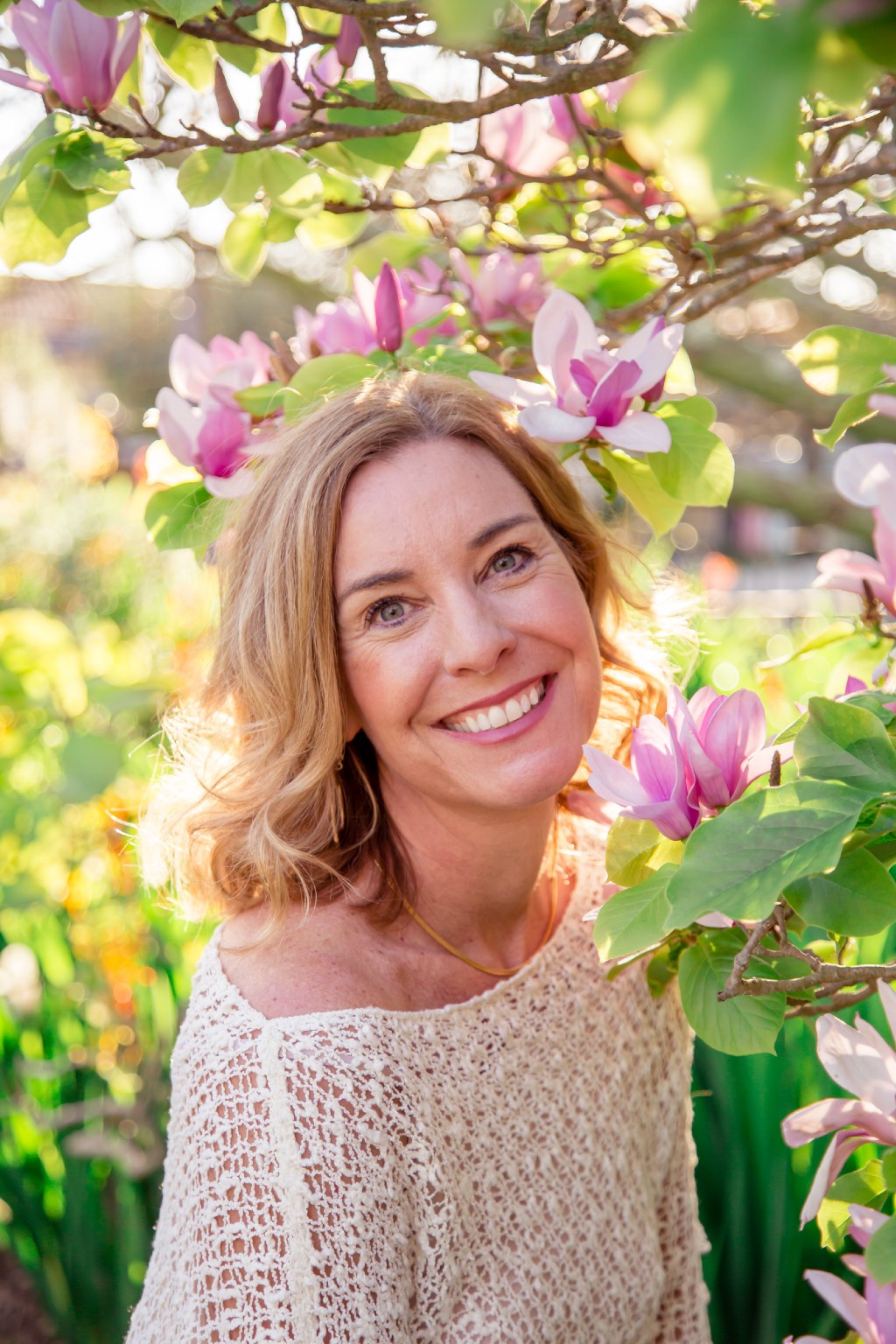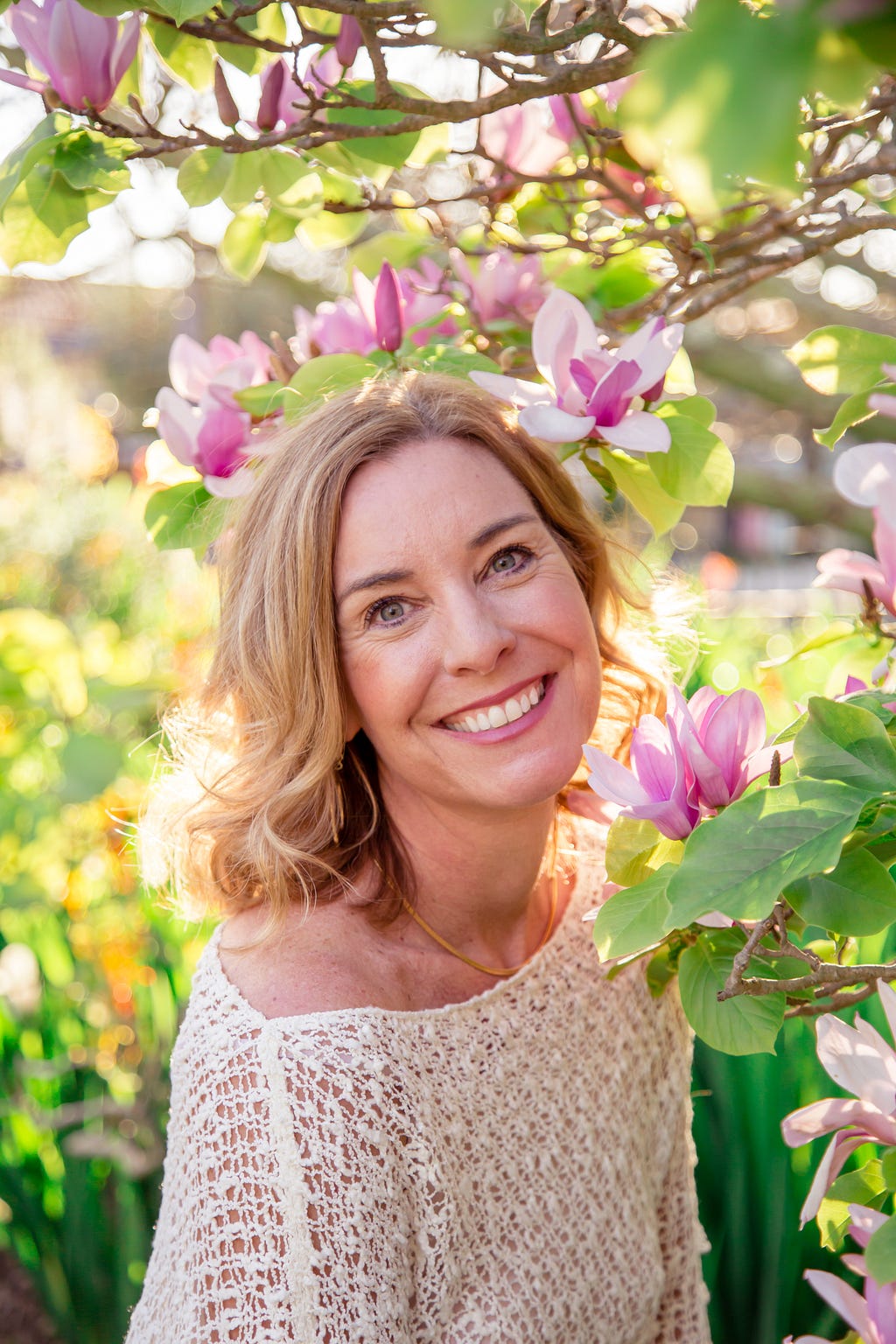Eli Melrod of Solful: 5 Things I Wish Someone Told Me Before I Started Leading a Cannabis or CBD Business
An Interview With Candice Georgiadis
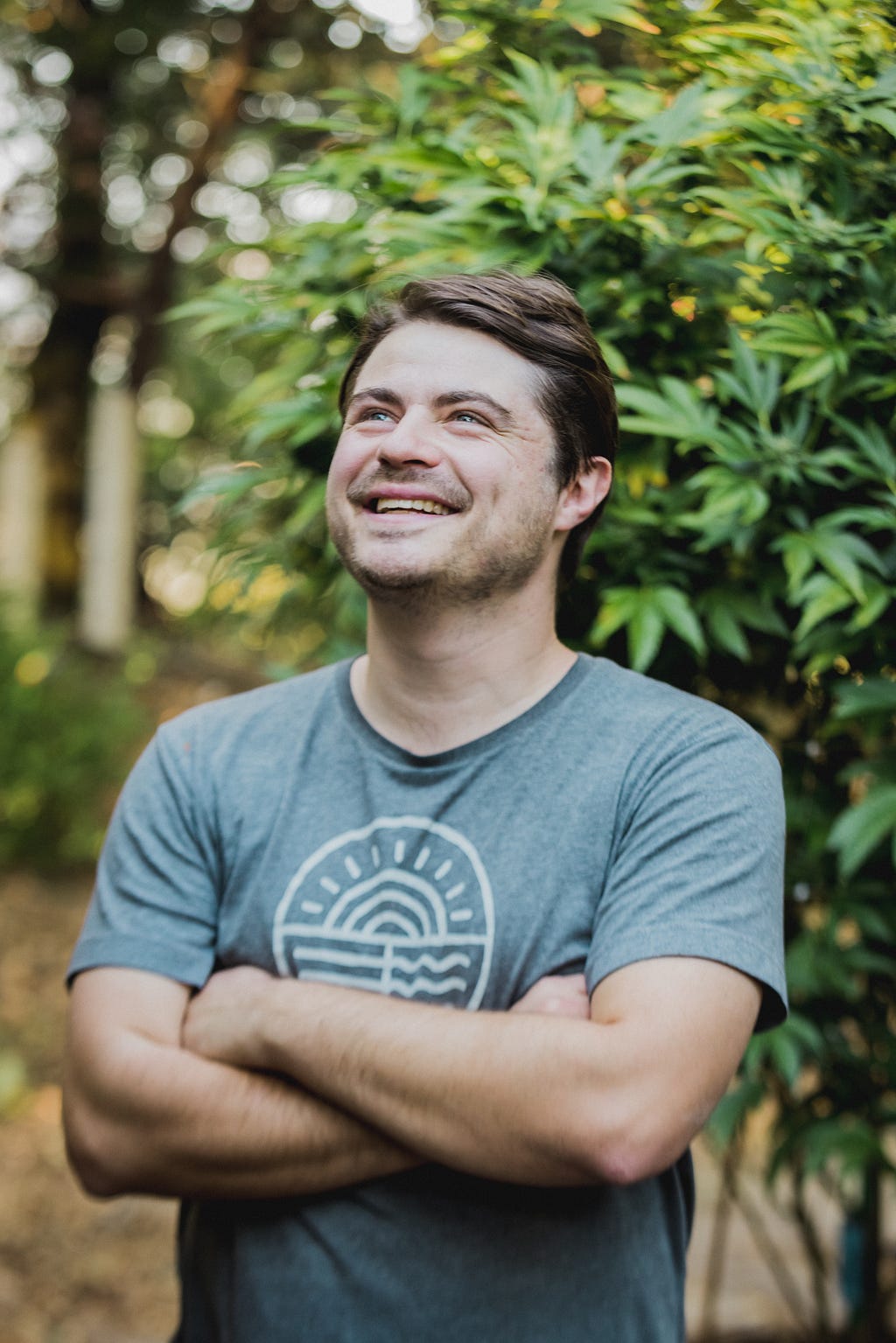
The stigma around cannabis remains. Because of my age and the acceptance of cannabis in my social and professional circles, I had assumed the stigma around cannabis was fading. You feel the negative perception of the industry daily, even in legal states. The stigma is real and proves there is still an enormous amount of work that needs to be done to educate the general population that the cannabis plant is truly medicine.
As part of my series about “5 Things I Wish Someone Told Me Before I Started Leading a Cannabis Business” I had the pleasure of interviewing Eli Melrod.
Eli Melrod has been an entrepreneur in the California cannabis industry since 2015. His interest in the health and wellness benefits of cannabis began in 2006, when his father was diagnosed with pancreatic cancer and discovered the power of cannabis to help him manage pain, nausea, appetite, anxiety and sleep. While studying economics at Wesleyan University, Eli became increasingly interested in cannabis and inspired by the opportunities presented by the imminent end of cannabis prohibition in California. In 2014, Eli left school to pursue his passion and quickly became an expert in the early-stage industry of adult-use cannabis.
Inspired by his father’s experience, Eli dedicated himself to bringing cannabis to people whose health, wellness and happiness could be improved by its responsible use. He first worked for an established cannabis testing lab where he learned the science of cannabis, gleaned firsthand insights into the industry and established strong personal relationships with cannabis innovators and farmers from San Jose to the Oregon border. Eli formulated numerous business ideas and iterated on them with family friend and veteran entrepreneur, Peter Dickstein. In 2017, Eli and Peter launched Solful, a destination cannabis retail brand in Sonoma County with a focus on educating the community, offering personalized customer experiences and sourcing only the best small batch, sun-grown cannabis. Solful was founded in Sebastopol, CA and has enjoyed numerous Sonoma County business accolades, including best cannabis dispensary in 2019, 2020 and 2021. Eli, who serves as an Emerald Cup judge, has continued to deepen his involvement with the cannabis community, speaking about his experience at venues including the UC Berkeley Haas School of Business, Sonoma State University, the Sebastopol Senior Center and the Oakmont Cannabis Club. He hosts a biweekly radio show on KSRO about cannabis and was honored as “One to Watch ‘’ in the North Bay Business Journal’s 40 under 40 feature. Eli Melrod is Solful’s CEO.
Thank you so much for doing this with us! Can you share with us the story about what brought you to this specific career path?
I’ve been a part of the California cannabis industry since 2015. My interest in the health and wellness benefits of cannabis began in 2006 when my father was diagnosed with pancreatic cancer and discovered the power of cannabis to help him manage pain, nausea, appetite, anxiety and sleep. While studying economics at Wesleyan University, I became more and more interested in cannabis and was inspired by the soon to be legalization in California. In 2014, I left school to pursue this passion with the hope I could help bring cannabis to people whose health, wellness and happiness could be improved by its responsible use.
I first started working at a cannabis testing lab to learn the science side of cannabis. It was during this time that I was able to cultivate relationships with many cannabis innovators and farmers from all over California. Inspired by this brief exposure to the industry I began formulating business ideas. I was lucky enough to have Peter Dickstein, seasoned entrepreneur, as a close family friend. In 2017, Peter and I launched Solful, a destination cannabis retail brand in Sonoma County, with a focus on educating the community by offering personalized customer experiences and sourcing only the best small batch, sun-grown cannabis in Northern CA.
Our first Solful location opened in Sebastopol, CA and has received numerous Sonoma County business accolades, including best cannabis dispensary in 2019, 2020, 2021 and 2022. In early 2022 we opened our second location in Santa Rosa and are working hard to open our third location in San Francisco in 2023.
Can you share the most interesting story that happened to you since you began leading your company? Can you tell us what lesson you learned from that?
After taking the plunge into the cannabis industry, My “aha” moment came during one of my first visits to a cannabis farm. I met Craig Johnson, owner of Alpenglow Farms in Southern Humboldt County, at the 2015 Emerald Cup. I vividly remember him wearing a bandolier full of joints — he invited me to the farm, and being a huge enthusiast of sun-grown cannabis, I was honored to visit this treasured land. When I arrived at his property at the base of a mountain — Craig pulled up on his ATV — needless to say, I wasn’t sure what to expect. This wasn’t your typical farm or farmer. Like most experiences in cannabis, I trusted my gut and I jumped on the ATV with him. As we rode up the mountain, he walked me through Humboldt’s history, the farm’s characteristics, and microclimates. I was blown away by the landscape and quality of the land and knew Aplenglow was the farm I wanted to build Solful’s cannabis flower program around. If I could figure out how to share this cannabis flower with the world, I knew I was on to something.
Can you share a story about the funniest mistake you made when you were first starting? Can you tell us what lesson you learned from that?
Thinking back to my early days in the industry, at my first job in cannabis I wasn’t allowed to tell people where the building was located. The company was completely legal, but we were told not to disclose the location. Apparently this was because the landlord didn’t want his other tenants knowing a cannabis building was operating in his building.
As much as I laughed at how secretive I had to be about my very legal job, it was my first real eye opener on the reality of the stigma around the cannabis industry. To be a fully compliant, licensed company and still need to be operating behind close doors — it’s still hard to wrap my head around.
Are you working on any exciting projects now? How do you think that will help people?
Our team has been working hard to expand Solful’s retail footprint. We opened our second location in Santa Rosa earlier this year and have a third location opening in early 2023 in an incredible community and neighborhood in San Francisco.
Each year we have been focused on improving our sourcing. We now have our own distribution center which enables us to have full control of what goes into the jar after the flower leaves the farm.
As we prepare to open Soful in San Francisco, as a native to the city, I am excited to bring some of the world’s best cannabis back to SF.
None of us are able to achieve success without some help along the way. Is there a particular person who you are grateful towards who helped get you to where you are? Can you share a story?
Hands down, I am most grateful for Solful’s Co-founder Peter Dickstein. To have a business partner with over 40 years of professional experience and running successful businesses has been key to Solful’s success.
As a larger industry, a huge perk in cannabis is that you get to work with people of all different backgrounds and ages. It’s something I see a lot in this industry and feels unique –those of us just starting out in our 20s and 30s have a lot of sentiment and appreciation for working with and learning from these veterans.
This industry is young, dynamic and creative. Does your company use any clever and innovative marketing strategies that you think large legacy companies should consider adopting?
This is less of a marketing strategy and more of a core mission for me–Solful is trusted by our community to cultivate health and happiness through cannabis. I have worked hard and made it a priority to create purpose for the entire Solful team. We focus on training, education, and culture to reinvent the cannabis retail space. For all customers — from experienced users to the cannacurious — we want them to walk into Solful feeling comfortable and confident they will find the product they are looking for with the help of a long-tenured team who holds ourselves to the highest values: the Solful Standard.
Dubbed “Health & Happiness Consultants” our team delivers on the promise. And they are, in fact, a happy team: in a time when good hires are scarce and job jumping is frequent, we have very little employee turnover. I believe this is due to the team having a purpose, which has translated into an incredible retail experience.
Can you share 3 things that most excite you about the Cannabis industry? Can you share 3 things that most concern you?
Excites me most:
- Selling products that have a positive impact on people’s lives — at the core, the cannabis industry is striving to improve health, happiness and well-being.
- Craft cannabis continues to gain momentum and consumer interest is there to push craft forward. Every year these products get better — the farming techniques are evolving and flower quality and distinction continues to increase with each new harvest.
- While the industry has had its fair share of ups and downs, I continue to be grateful to have the opportunity to build an organization that is consistent with my own personal mission. It’s unique to be a part of a budding industry that aims to bring health and happiness to customers. It’s a movement I am proud to call my own.
Concerns me:
- At the pace the industry is consolidating, it’s concerning to think what this means for the future of the heritage farmer. It’s nearly impossible for them to keep up with these larger, powerful companies. There is a real risk that we could lose the entire Emerald Triangle region.
- There has become a focus on low cost, high THC products in the market. I see the way the industry is responding to economic challenges — more and more companies are competing based on potency/low cost vs. quality.
- The slow pace in which we are seeing cannabis regulations evolve in California is a real concern. Here we are today, five years after recreational legalization, and we still have many municipalities in the state that don’t allow cannabis. The pace doesn’t seem to be accelerating as it should.
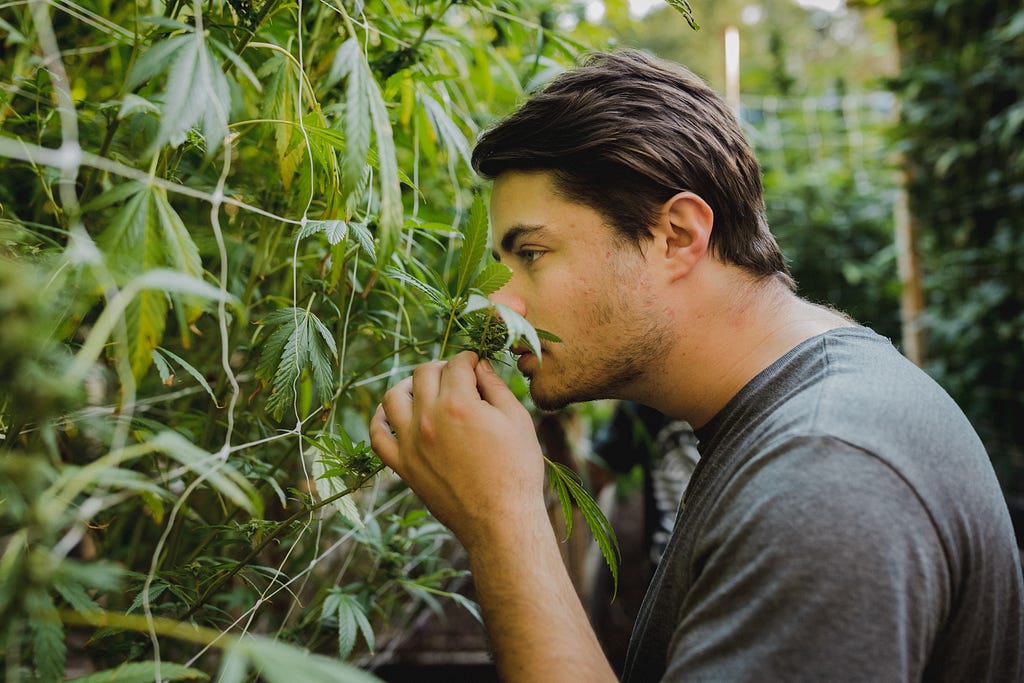
Can you share your “5 Things I Wish Someone Told Me Before I Started Leading a Cannabis Business”? Please share a story or example for each.
- As a young entrepreneur, I had no idea the regulatory roll out of the cannabis industry would be so turbulent. Being completely unregulated in 2017 to fully regulated by 2020 — it’s been difficult to respond to these regulations as they are constantly changing. In 2019, we were in a situation where most of our supply chain wasn’t fully licensed. We gained access to the track and trace system well in advance of many core supply partners and for a period of time we had to revert to entering products by hand, which was a full time job in itself.
- The challenges of cannabis banking. I was always aware that cannabis banking was a hurdle for startups, but I had no idea how many obstacles we would face getting Solful into a stable banking situation in 2018.
- Understanding the realities of the non-legal cannabis market. I didn’t understand how large and robust the non-legal market was and how those competing markets had an effect on the legal market in regards to pricing. The reality is that consumers are willing to purchase flower from the non-legal market. It’s easy to access and more affordable.
- The challenges around advertising and marketing. I underestimated the many and ever changing obstacles cannabis companies face to get in front of new consumers, specifically those who aren’t already shopping at dispensaries. There are tight restrictions on social media– you aren’t allowed to post any sales incentives on Instagram. There are even regulations on contacting customers via text. With all marketing and advertising, you must be nimble and creative and willing to quickly change platforms of communication.
- The stigma around cannabis remains. Because of my age and the acceptance of cannabis in my social and professional circles, I had assumed the stigma around cannabis was fading. You feel the negative perception of the industry daily, even in legal states. The stigma is real and proves there is still an enormous amount of work that needs to be done to educate the general population that the cannabis plant is truly medicine.
What advice would you give to other CEOs or founders to help their employees to thrive?
It’s essential to build a mission driven culture that supports your employees. Always be clear about your company’s values and purpose, and you’ll attract the type of employee who in turn wants to help you live and breathe that ethos everyday.
You are a person of great influence. If you could inspire a movement that would bring the most amount of good to the most amount of people, what would that be? You never know what your idea can trigger. 🙂
Embracing regenerative and sustainable farming, not only in cannabis, but in all agriculture. Our generation needs to make this a priority for both the planet and our health — we need to take better care of our land so in turn we can source better, healthier products.
What is the best way our readers can follow you on social media?
https://www.linkedin.com/in/eli-melrod-95479993/
https://www.instagram.com/solfulca/
https://www.facebook.com/SolfulCA
This was very inspiring. Thank you so much for joining us!
Eli Melrod of Solful: 5 Things I Wish Someone Told Me Before I Started Leading a Cannabis or CBD… was originally published in Authority Magazine on Medium, where people are continuing the conversation by highlighting and responding to this story.


